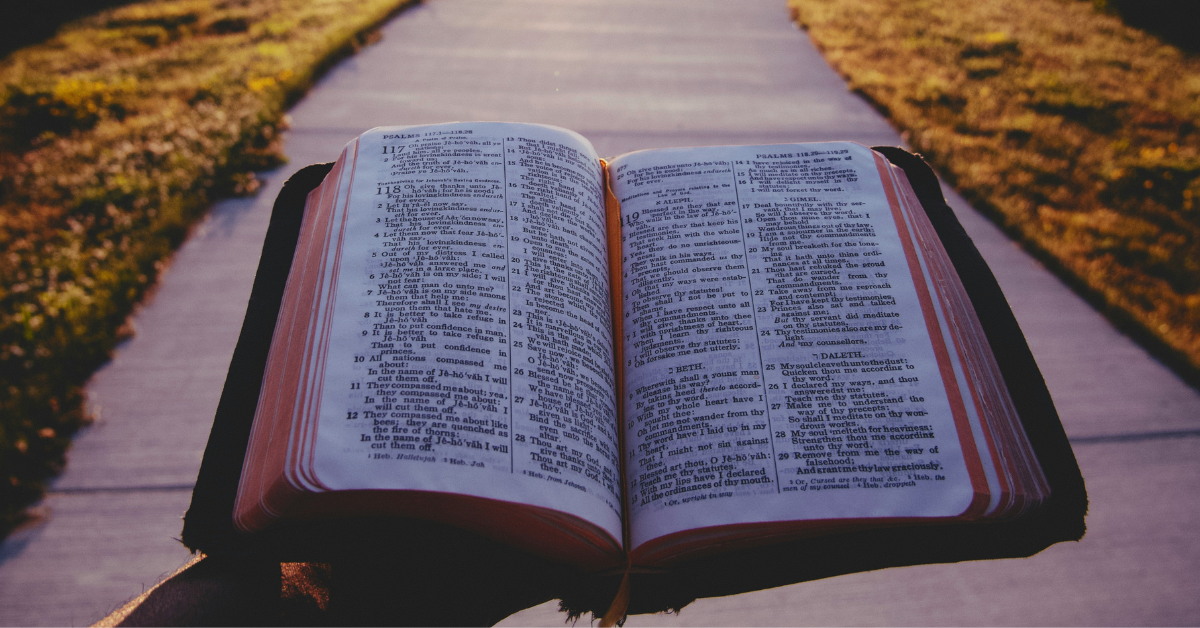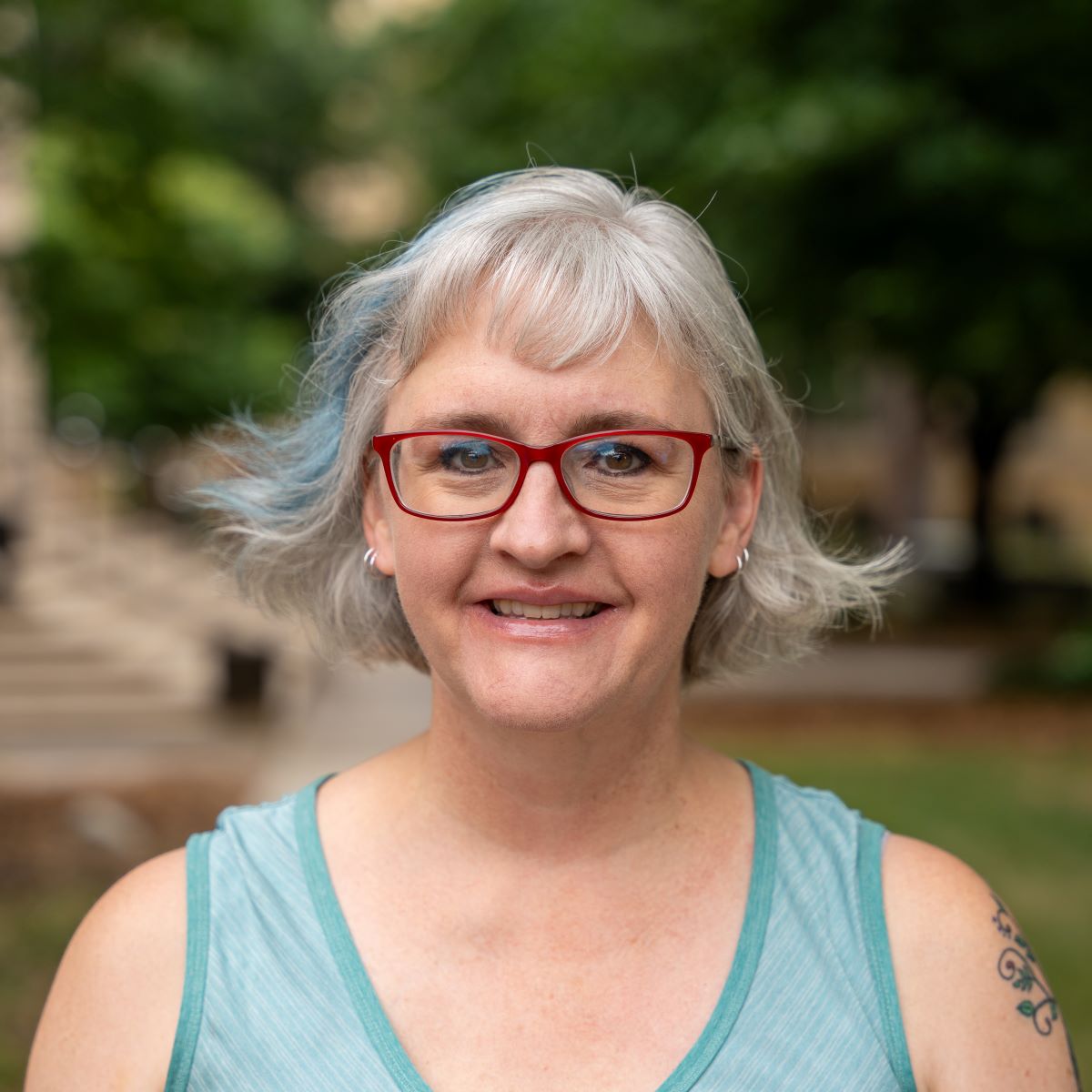The fourth graders who I had grown to know and love over our years together in Children’s Ministry were stretched out on the grass at camp, carefully turning the paper-thin pages of the Bibles they had received in church the year before. “We’re going to read the whole Bible!” one exclaimed. I looked over eagerly hunched shoulders: Genesis. So many exciting stories in that one: Creation; then Noah and re-creation; Abraham and Sarah having a child in old age; Joseph and his interpretation of dreams. They’d enjoy and probably recognize the stories that come in the next book, too. Exodus encapsulates the harrowing story of Moses and the Israelites, enslaved in Egypt, dramatically freed by God, and then wandering in the wilderness for forty years.
Then the eager readers would get to Leviticus, the book that codified the rules for how God wanted the Israelites to live. The instructions found in this book are important, but could also be confusing and frustrating to people who live in a culture and a time that don’t practice ritual sacrifice and don’t observe ritual purity codes. I wonder how far those kids got.
Reading the Bible from cover to cover is an admirable goal, and could be attainable by some determined readers, but it isn’t right for everyone. There are different approaches to reading the Bible that address different goals. The first question to ask yourself is “why do I want to read the Bible?” The answer might even be different for the same person on different days, depending on your need at the time.
When I am preparing a sermon on a particular Bible passage, I may read that one passage several times, allowing moments or days to pass between readings. I may also look up definitions and word origins, read the chapters around the text I’m studying (for context), and read other Bible passages that address the same topics and themes that I am noticing in my centered text. On the other hand, if I am reading a Bible passage for contemplative and devotional purposes, I might choose a favorite psalm or passage, and read it slowly, out loud, and pray over it. I might listen to music based on the passage, or see what devotional writers have written about it. In both of those situations, I am asking God to speak to me through this ancient and timeless text to show me a message relevant to my life in today’s world.
If I were to read the Bible to learn about the historical or cultural context of the ancient world, or to learn about the literary styles used between its covers, I would take a different approach. I would take note of details, placing them next to comparable sources, and considering how a particular text fits within a timeline and a broader narrative arc. I would work to understand the circumstances that surrounded the writing of the text, recognizing that the time the words were written down may have been very different from the time the author was writing about, and realizing that the author may have been trying to speak directly to his current audience.
In this situation, I would remind myself that, while my purpose for reading the Bible may not be devotional, I am still reading the word of God.
Whatever reason you have for reading the Bible, there are a few things to keep in mind as you do so:
- This is an ancient text, written in a very different culture than we live in now
- The Bible is not a historical textbook, but it does contain details that are confirmed in other historical works
- The Bible contains many different genres of writing, and many different personalities of writers
- The Bible was written by people who loved God and who wanted to tell God’s story to the world
- God still speaks to people today through the words of the Bible and the prayers and relationships that surround them.
Crash Course: Bible was created as a learning tool for people who are curious about the Bible, but who don’t know where to start. Within its modules, we will introduce you to the people and places central to the writing of the Bible. We will explore themes found throughout its different parts. And we will empower you to experiment with various practices for personal Bible reading. Through this, we pray that God comes to you through the Word and sends you on a new adventure through your journey of faith.




Miss bible study. Stopped attending church during Covid. Look forward to Bible substance u have to offer.
Judith Lewis, VA